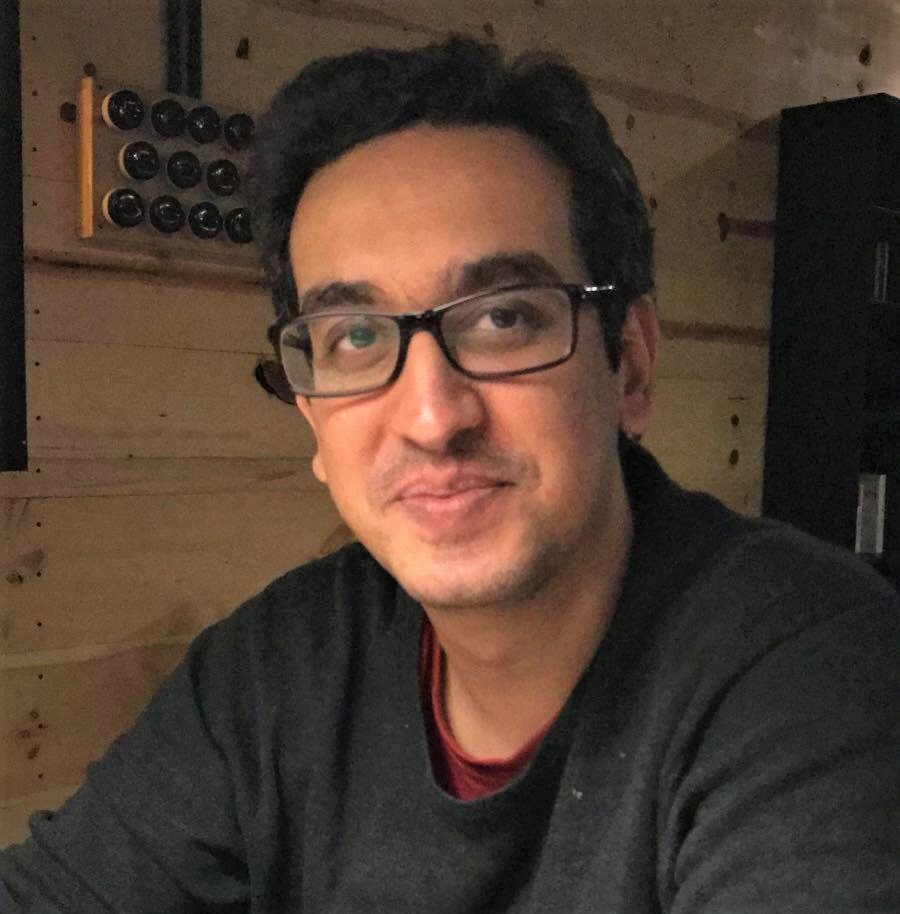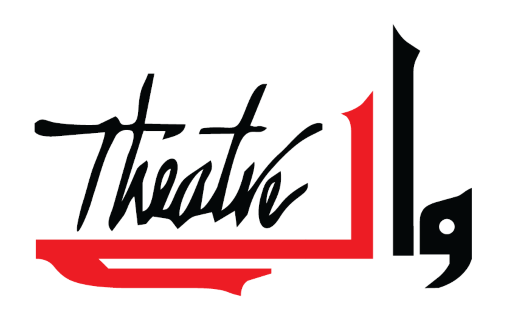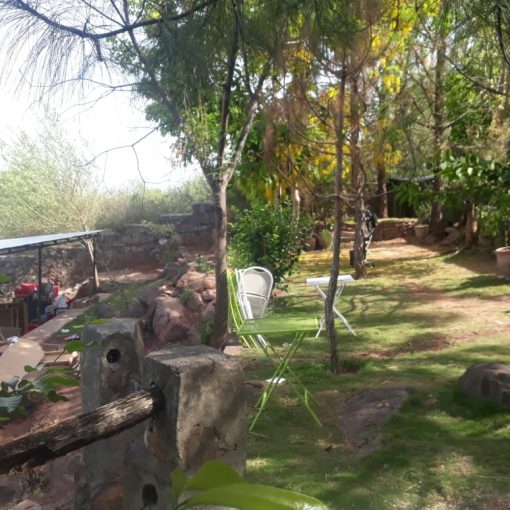By Ali Akbar
ANote from Theatre Wallay
Theatre Wallay and Rung School of Music and Arts joined hands to start a three-months long acting class. Theatre Wallay conducts the class while Rung School provides logistic and administrative support. It was started as a pilot in February 2019, and will conclude with a theater performance in the last week of June. Safeer Khan was the lead trainer. He received ample support from Ammar Khalid, and Usama Ahmad Khan.
Two months of stage acting classes for beginners had culminated in a public performance of the improv variety. As my wife and I drove home after the performance, my head was in a daze. The novice in me felt something special had happened. The nod of approval and tacit validation from my harshest (and most beloved) critic – my wife, reaffirmed my feelings of euphoria.

Although improv was not the only ‘’type’’ of acting that was taught in class, it was definitely the hardest. Imrpov or Improvisation is acting without any script or rehearsal. While there is structure to activities (e.g. joint storytelling, adapting same dialogue to a different genre), scene setting, role play and dialogue are spontaneous and decided on the spot. Depending on the moderation, the audience can even be asked to chip in with suggestions. Thus, doing improv requires quick wit and on-the-feet-thinking, instincts that don’t come naturally to most. Success is measured by the extent to which the audience is entertained through the unexpected. Not all skits will be funny but comedy will likely take emerge from most acts performed. Going against one’s natural instincts is an uncanny but a vital paradox in this world.
Acting is related to the core concepts of being and awareness. The being partis based on the notion that an actor’s craft is his/her body where ideally all the tools i.e. organs and senses are in good shape. To ingrain this concept, in every class, we went through a series of routines involving yoga-like breathing exercises and voice amplification at varying degrees.

Awareness or soft focus is the optimal use of senses. It requires actors to forge a good sense of not only their physical surroundings but also the state of being of their fellow actors. For context, a stage is shared physical space (of six quadrants) between actors and props. Awareness is a jointly devised,
instinctive guide on how that space will be shared. With spontaneous acts like improv, this realization is very essential. Awareness is also the cognizance of the audience and its limitations. This makes it imperative that it is not only the voice of the actors that reaches the last row but also their expression of emotion. As a result, profile, stage posture or never-turning-the-back to the audience principle is sacrosanct. This was hit home by the instructor, Safeer Khan through various warm up activities that took place in a “circle of trust”.

Safeer subscribes to the learning-by-doing ethos rather than passing on theory and delivering lectures. (Vivid recollection of my experience is credited to this methodology) He threw his students into the deep end with challenging assignments, expecting them to stay afloat and offering a hand if someone was drowning. We delivered oral monologues, acted them, adopted character names and spun stories around them, did group and individual mimes among others. All exercises reinforcing the core principles of awareness and being.
Beyond the building blocks, I learnt that every individual is already equipped with a full set of emotions that are exhibited depending on situation and provocation. The real challenge lies in expressing them in a simulation. Mastery of this challenge separates the best from the good and the good from the average. The director peels away at the layers to uncover latent emotions. Through various assignments, we were given the freedom do to this and more; become our own directors and actors by creating a situation, create/tinker with the dialogue and role play (jointly and individually) to best suit our abilities. This freedom may have compromised focus but made many shine with vibrant shades of creativity.
Bit by bit, this freedom was taken away so that we could singularly focus on the hardest part – acting. At its summit, acting is the orchestral intersection of emotions, dialogue delivery and body language. Compromising one can possibly make the scene fall flat. To his chagrin, Safeer’s favourite words became ‘energy’ and ‘commitment to the scene’. A quote from Seinfeld is very apt: “…. it’s not a lie if you believe it.”
I will conclude with a brief point on camaraderie. It is probably self-explanatory but worth mentioning that without a bond between the actors, the director’s hands will be tied and the scene will be stoic. Being a niche, stage plays appeal to the highest level of intelligence. Intelligence that cannot be taken for granted. There is no second take in theatre and no amount of individual brilliance can carry a play. The instructor had us vying for each other and cheering joint success quite early on. Based on the evidence from our improv show, my classmates would feel he has succeeded.




